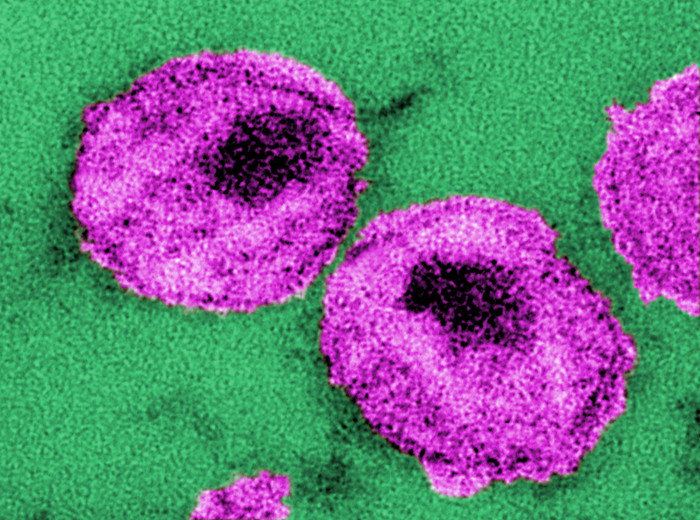Thanks ETL.
Posted on 06/13/2019 5:16:52 PM PDT by ETL
Even single-celled organisms desire partners every now and then.
Leishmania—single-celled parasites that cause infections of the skin and internal organs—have long been known to multiply asexually, like bacteria. But occasionally, researchers have found hybrid parasites that carry genetic material from more than one strain—or even more than one species—of Leishmania, suggesting that some kind of genetic mixing is going on.
Now, researchers at Washington University School of Medicine in St. Louis and the National Institutes of Health (NIH) have found that the hybrid Leishmania parasites can mate with one another to produce fertile offspring that carry genes from both parents—signs of a true sexual reproductive cycle. The researchers hope to use their genetic remixing as a tool to find genes involved in virulence in Leishmanial disease.
"What we want to know is why one strain causes a mild form of disease and another causes a lethal form, or how the parasites evade the immune response," said co-senior author Stephen Beverley, Ph.D., a professor of molecular microbiology at the School of Medicine. "By generating offspring with different characteristics, we can identify the genes that cause severe disease or immune resistance. That could be a step toward better treatment or prevention."
The findings are available online in PLOS Genetics.
-snip-
By studying the hybrid parasites and their recombined progeny, the researchers will be able to map the location on chromosomes of genes involved in causing disease and resisting the immune response. Such a genetic map will aid efforts to understand why some strains cause worse disease than others, and how to bolster the immune response to the parasites.
"The good news is we generated offspring with new genetic combinations, which are perfect for our purposes," Beverley said.
"The less good news is we could only obtain a handful, which were enough to establish their fertility, but not quite enough to make a high-resolution map of virulence genes."
The researchers are now trying to figure out why hybrid parasites so rarely succeed at mating.
"If you're a microbe and you have a winning genetic combination that allows you to thrive, you're going to reproduce asexually most of the time, because why mess with a good thing?" Beverley said.
"But even so, you might want to mix things up a bit from time to time, just to see if a new genetic combination can be even more successful. So microbes have mechanisms in place to reshuffle their genetic material via sexual reproduction, but also mechanisms to prevent too much reshuffling so that they can maintain winning genetic combinations and limit inbreeding.
If we can find out what it is that is limiting mating of our experimental hybrid parasites, we will likely uncover something new about the biology of reproduction.
Even better, we may be able to twist it to our own purposes and learn how to create super-fertile hybrid parasites. And then we can use them to find out what we need to know about how they cause disease."
Apparently. Sheesh.
“Just like” Romeo & Juliet!
Settled Science.
Undone.
Again.
A “Leishmaniac.” Every teenage boy hopes to meet one.
“If we can find out what it is that is limiting mating...”
Wish they could find that out for humans too.
Did the offspring look like Webb Hubbell?
Crap I thought this was about Kamela Heels Up Harris. They meant the real single cell animals, not the single brain cell one.
With all this talk of sexual reproduction, they are being binary and heteronormative.
What about the lesbian, gay , bisexual, and transgendered cells and parasites? What about their activities and feelings?
Thanks ETL.
Sexual reproductiuon exists in many single cell parasites https://www.ncbi.nlm.nih.gov/pmc/articles/PMC4413856/
and now I see that they had a ref to that paper (29) https://journals.plos.org/plosgenetics/article?id=10.1371/journal.pgen.1008042#references
LOL! Good one!





It was ronery.................
>>>”By generating offspring with different characteristics, we can identify the genes that cause severe disease or immune resistance. That could be a step toward better treatment or prevention.”<<<
...or weaponization.
Disclaimer: Opinions posted on Free Republic are those of the individual posters and do not necessarily represent the opinion of Free Republic or its management. All materials posted herein are protected by copyright law and the exemption for fair use of copyrighted works.